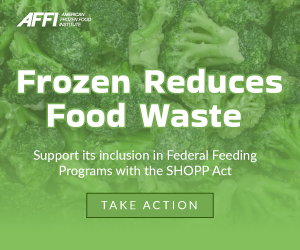Chemicals and Sanitizers for Washing Fruits
Follow scientifically valid chemical concentration and contact time parameters for washing fruits (parameters can be based on regulation, industry guidance and/or scientific studies). For example, sodium hypochlorite concentration should not exceed 200 ppm free chlorine




